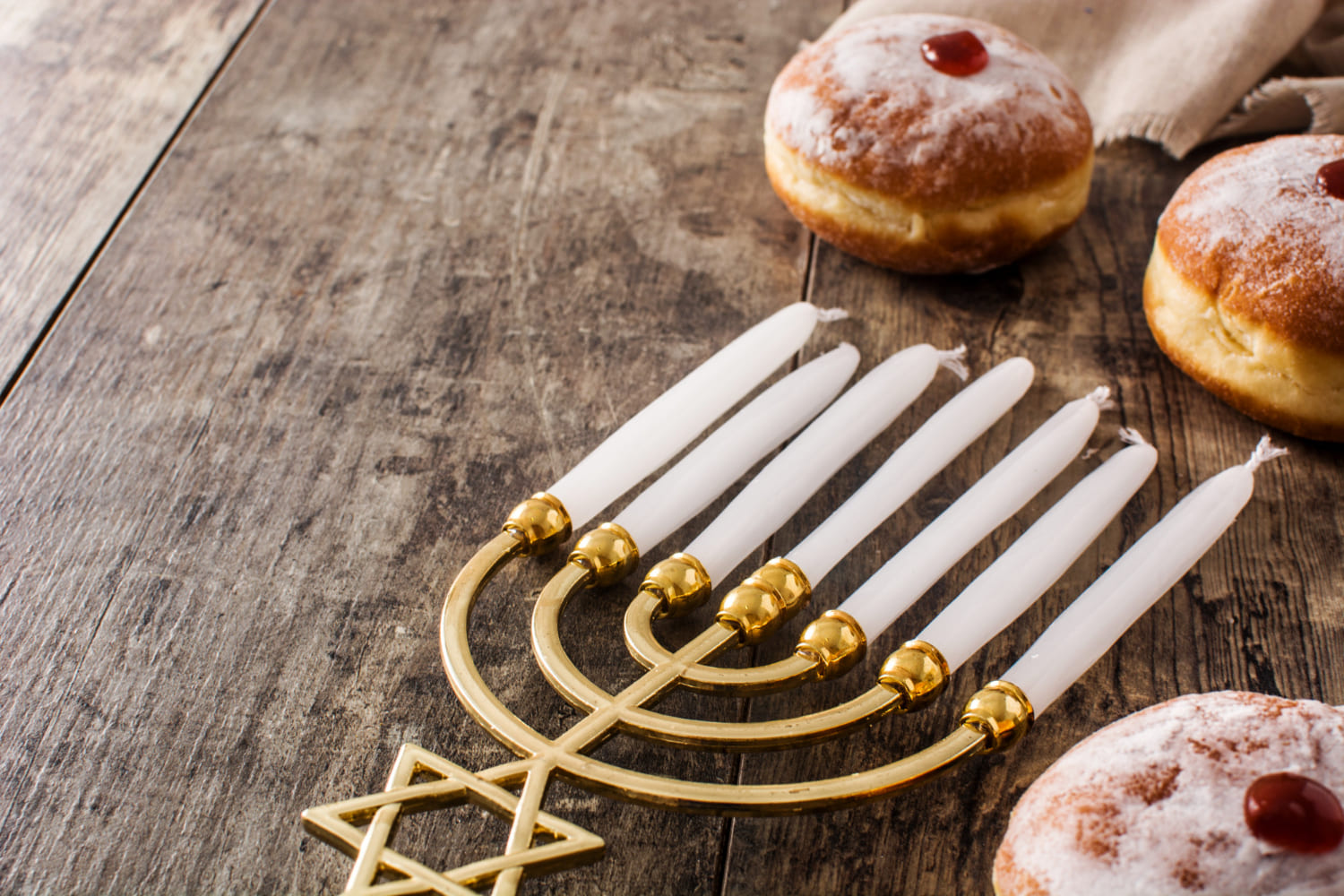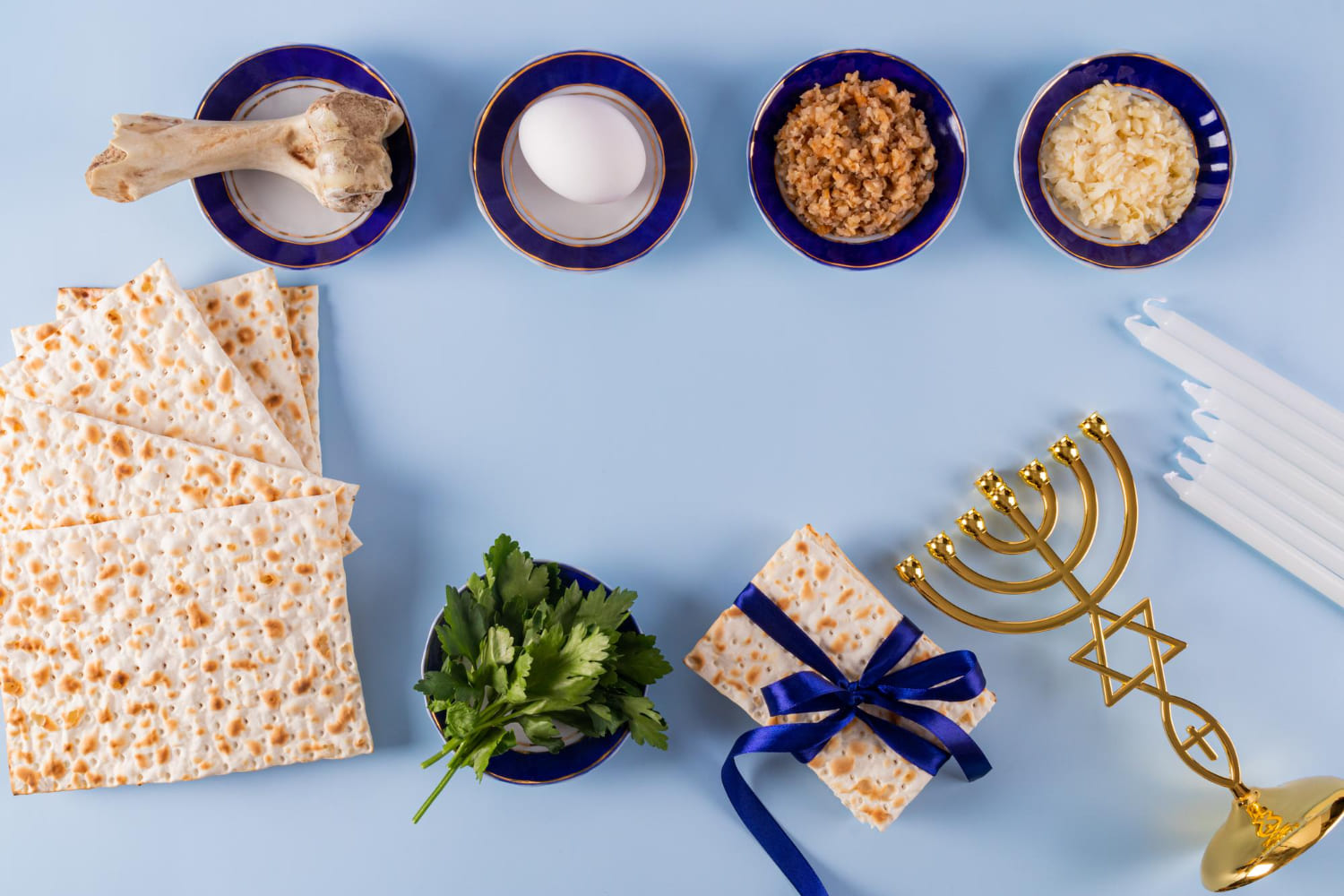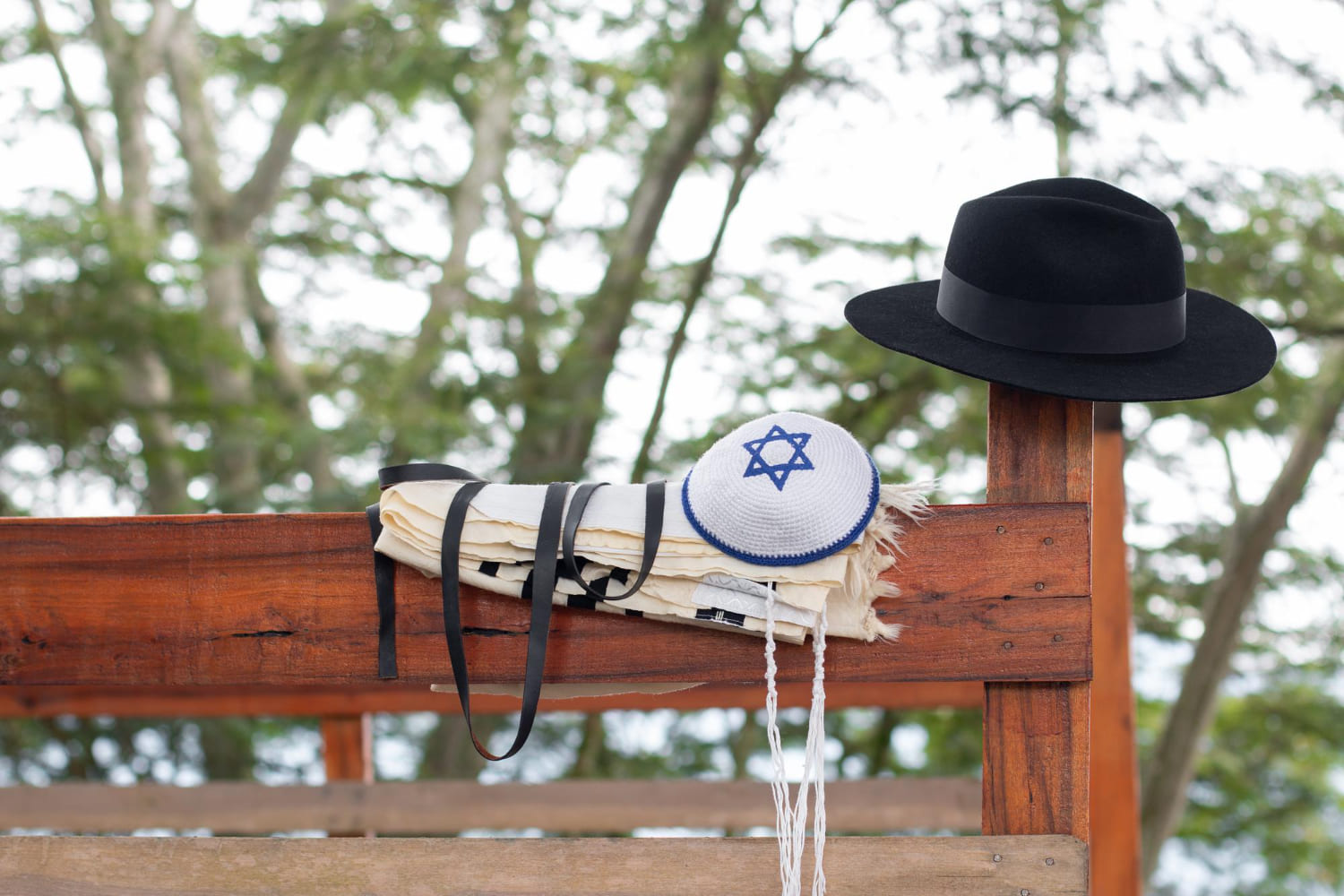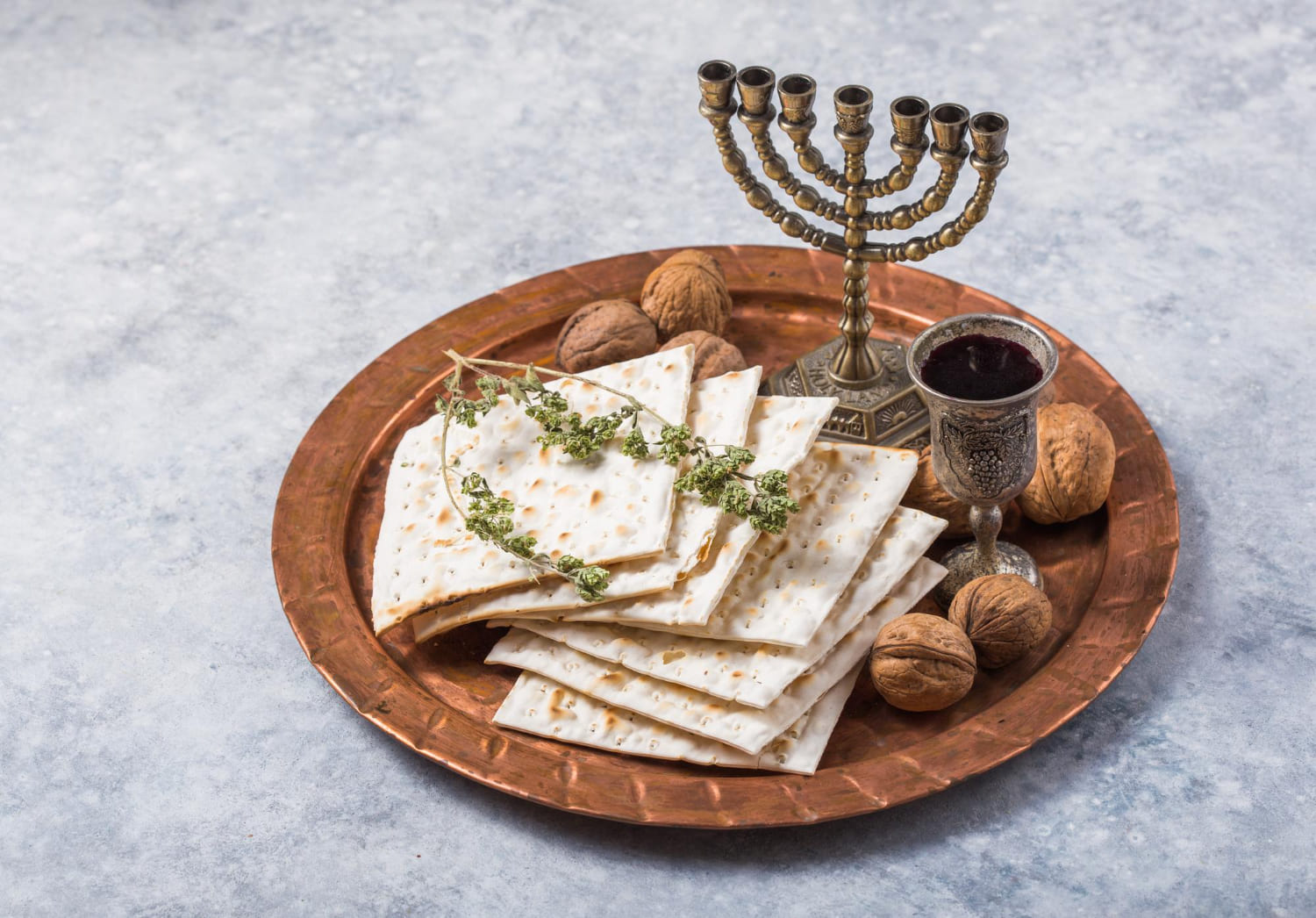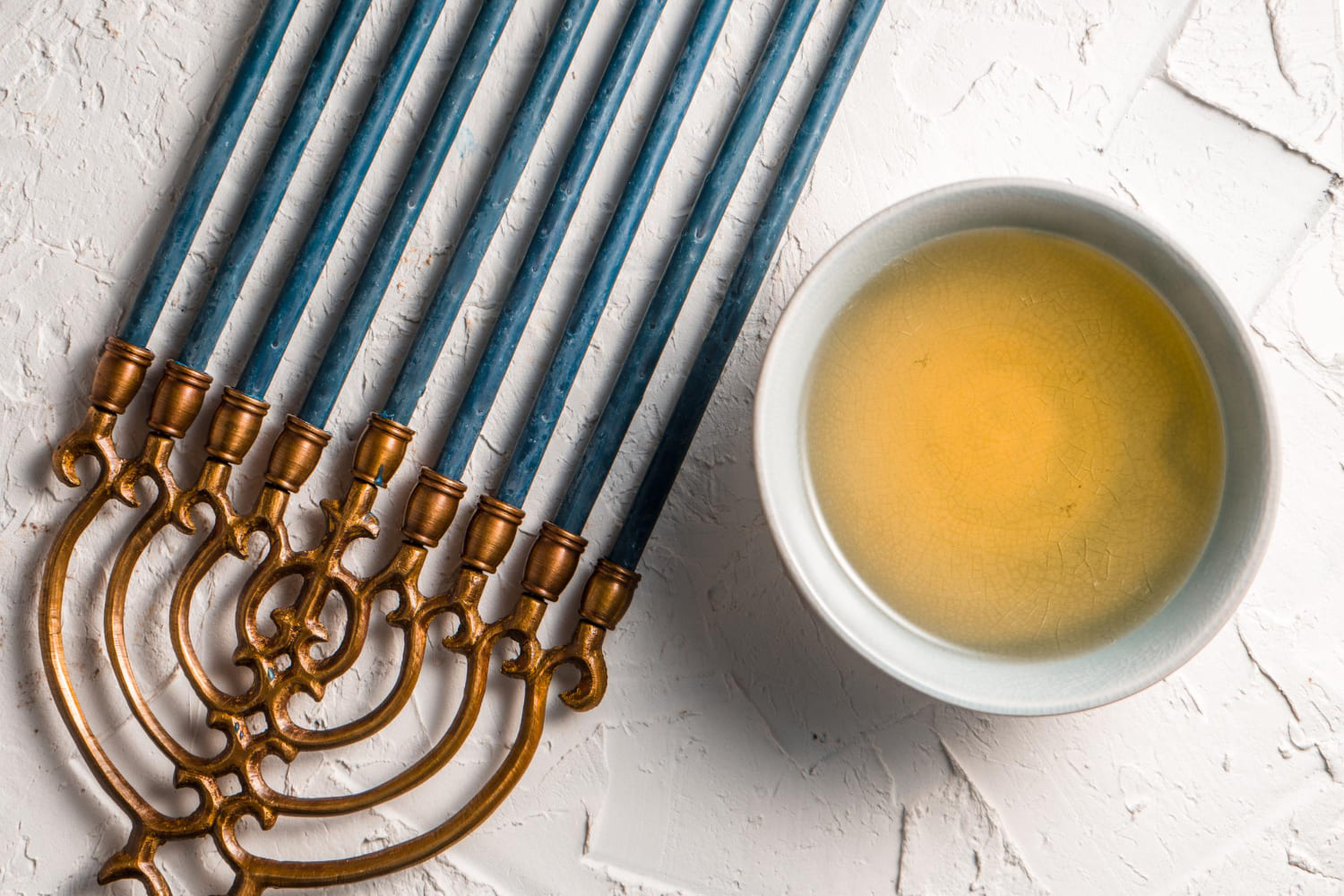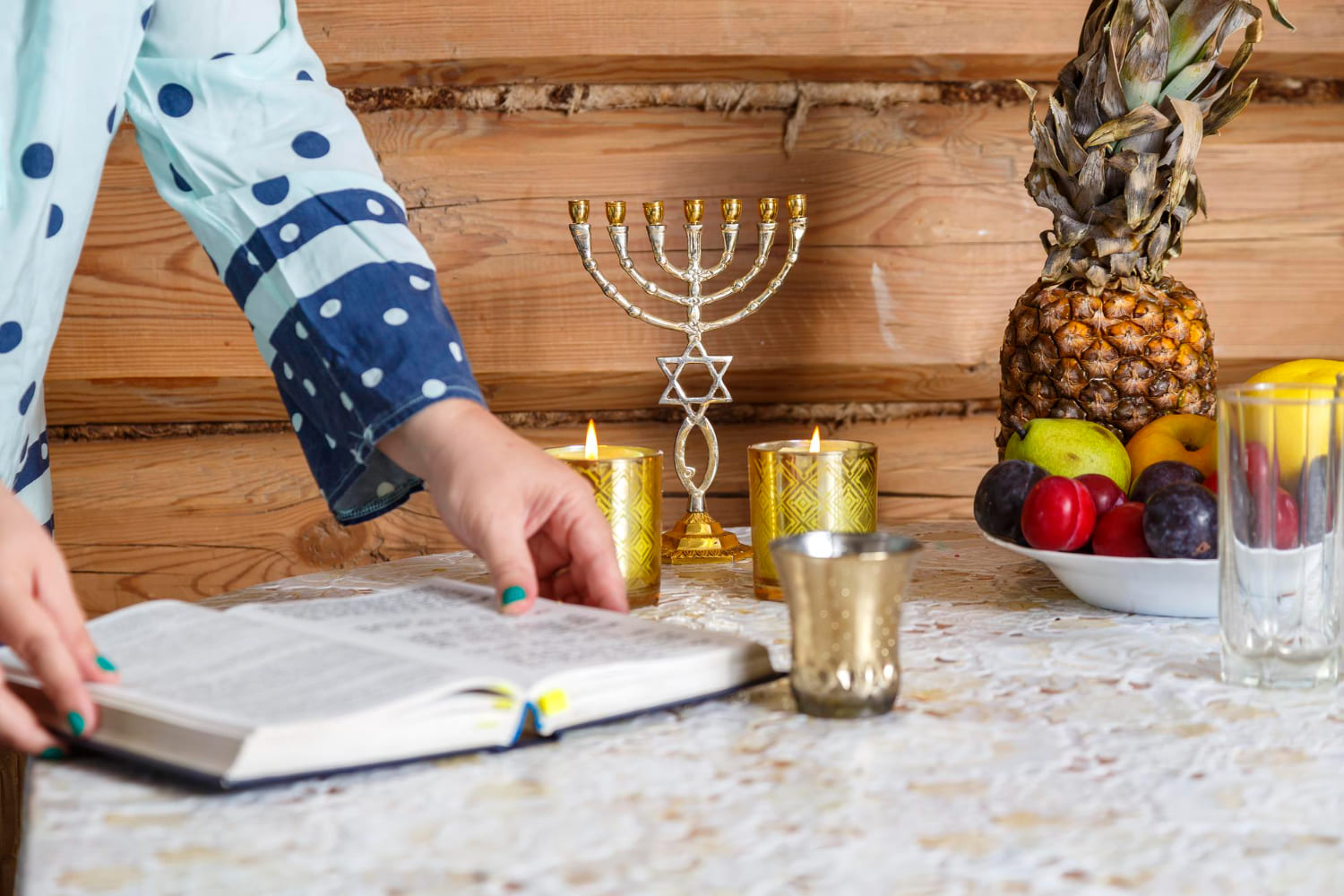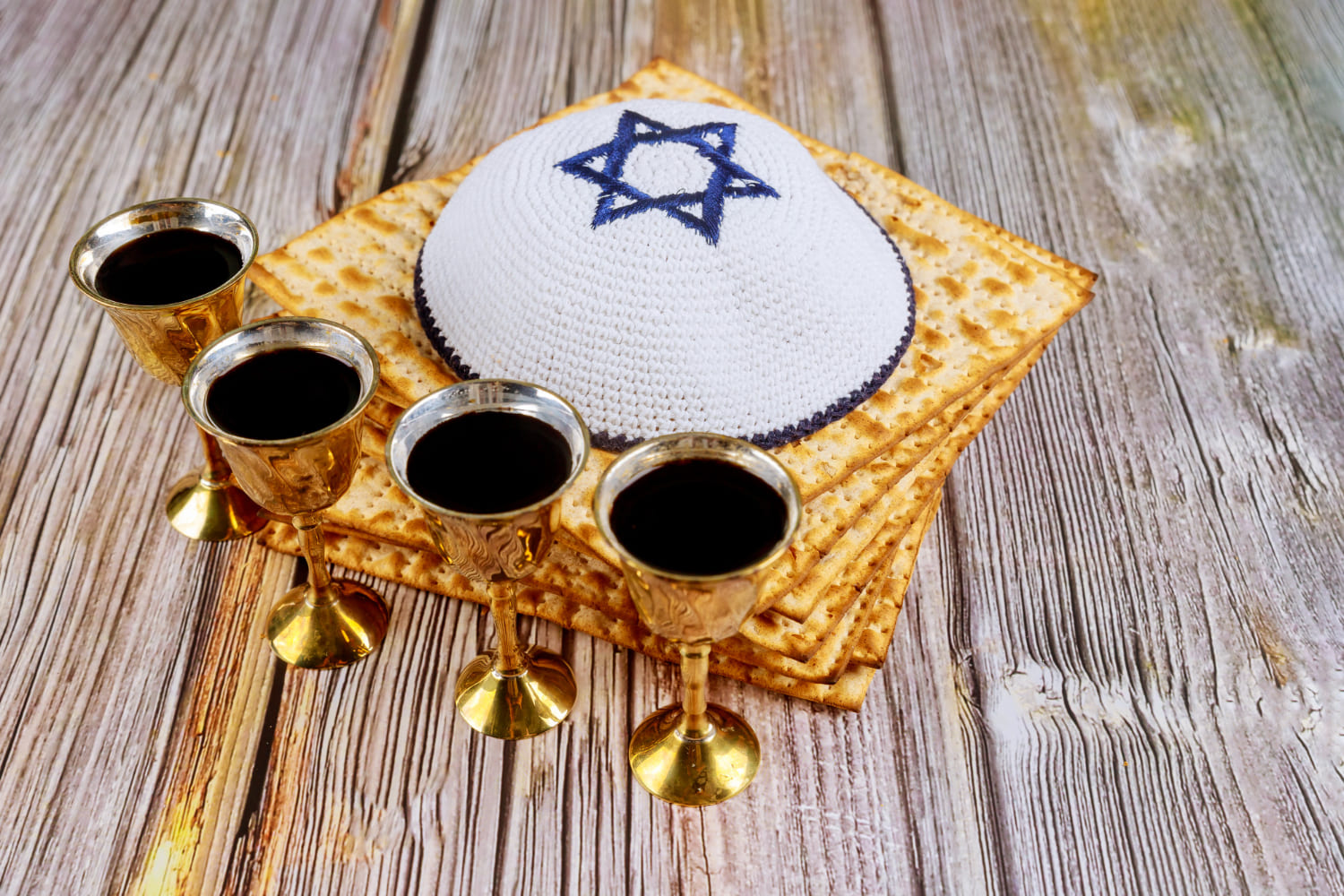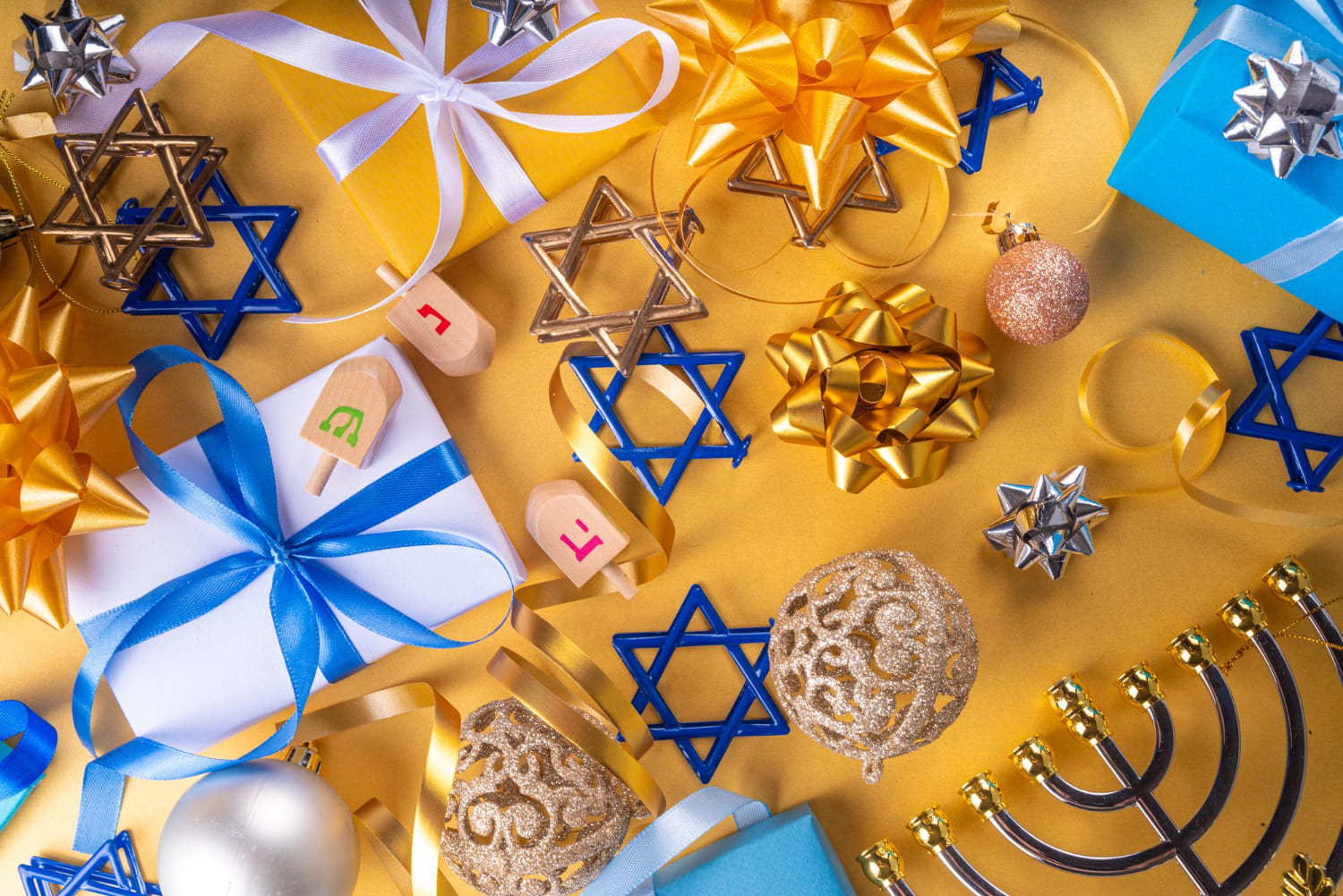Jewish prayers for peace are an integral part of Jewish worship and tradition. These prayers express the Jewish people’s deep longing for peace, not only in their own lives but also in the world at large.
Jewish prayers for peace are recited in synagogues, homes, and other places of worship, and are an important way for Jews to connect with their faith and with each other.
The Jewish tradition has a rich history of prayers for peace, with many different prayers and blessings dedicated to this theme.
Some of the most well-known Jewish prayers for peace include the Hashkiveinu prayer, which is recited at bedtime and asks for God’s protection and peace during the night, and the Shalom Aleichem prayer, which is recited on Friday night to welcome the Sabbath and ask for peace in the home and in the world.
Other prayers for peace include the Tefilat HaDerech prayer, which asks for God’s protection during travel, and the Mi Shebeirach prayer, which asks for healing and peace for those who are sick or suffering.
Whether recited alone or in community, Jewish prayers for peace are a powerful way for individuals to connect with their faith and with each other.
These prayers express the Jewish people’s deep commitment to peace and justice, and serve as a reminder of the importance of working towards a more peaceful world.
For those interested in exploring Jewish prayers for peace in more depth, there are many resources available, including prayer books, online guides, and community workshops.
- Types of Jewish Prayers for Peace
- Shalom Aleichem
- Oseh Shalom
- Sim Shalom
- How to Perform Jewish Prayers for Peace
- Preparation
- Recitation
- Post-Prayer Practices
- Inclusion of Jewish Prayers for Peace in Daily Life
- Morning Prayers
- Evening Prayers
- Special Occasions
- Historical Context of Jewish Prayers for Peace
- Understanding Jewish Prayers for Peace
- Meaning and Interpretation
- Significance in Jewish Tradition
- Impact of Jewish Prayers for Peace on Society
- Promoting Unity and Understanding
- Encouraging Compassion and Empathy
- Inspiring Action
- Conclusion
Types of Jewish Prayers for Peace
Jewish prayers for peace are an essential part of Jewish liturgy. These prayers are recited during various Jewish holidays, including Rosh Hashanah, Yom Kippur, and Sukkot, as well as during daily prayers.
There are several types of Jewish prayers for peace, including:
Shalom Aleichem
Shalom Aleichem is a traditional Jewish hymn that is sung on Friday night to welcome the Sabbath.
The hymn is a prayer for peace and asks for the blessings of peace to be bestowed upon the home and family.
The hymn is sung by the head of the household and is often accompanied by the lighting of candles and the recitation of Kiddush.
Oseh Shalom
Oseh Shalom is a prayer for peace that is recited during Jewish worship services. The prayer is a plea for God to bring peace to the world and to protect the Jewish people from harm.
The prayer is often recited at the end of the Amidah, which is the central prayer of Jewish worship.
Sim Shalom
Sim Shalom is a prayer for peace that is recited during Jewish worship services. The prayer is a request for God to grant peace to the Jewish people and to the world.
The prayer is often recited at the end of the Amidah and is also recited during the Torah service.
Jewish prayers for peace are an important part of Jewish worship and are a reminder of the importance of peace in the world.
These prayers serve as a reminder that peace is a fundamental value in Judaism and that it is the responsibility of every Jew to work towards peace in the world.
How to Perform Jewish Prayers for Peace
Jewish prayers for peace are an integral part of Jewish tradition and culture. These prayers are performed by Jews around the world to seek peace, comfort, and wellbeing.
Here is a guide on how to perform Jewish prayers for peace.
Preparation
Before performing Jewish prayers for peace, it is important to create a peaceful and conducive environment.
This can be achieved by finding a quiet and comfortable space where there are no distractions. Lighting candles and burning incense can also help create a peaceful atmosphere.
It is also important to prepare oneself mentally and emotionally. This can be achieved by taking a few deep breaths and focusing on the intention of the prayer.
One should also ensure that they are dressed appropriately and have a clear mind.
Recitation
Jewish prayers for peace can be recited in Hebrew or any other language that one is comfortable with. It is important to recite the prayer with sincerity and intention. One can recite the prayer alone or with a group of people.
There are several Jewish prayers for peace, including the Prayer for Peace by Rabbi Hillel Lavery-Yisraëli and A Jewish Peace Prayer. One can choose the prayer that resonates with them the most.
Post-Prayer Practices
After performing Jewish prayers for peace, it is important to reflect on the intention of the prayer and how it can be applied to daily life.
One can also engage in acts of kindness and compassion towards others as a way of embodying the essence of the prayer.
In conclusion, Jewish prayers for peace are a powerful way of seeking comfort, wellbeing, and peace. By following these simple guidelines, one can perform Jewish prayers for peace with sincerity and intention.
Inclusion of Jewish Prayers for Peace in Daily Life
Jewish prayers for peace are an essential part of daily life for many Jews. These prayers are often recited as part of morning and evening services, as well as on special occasions.
The following sub-sections provide a brief overview of how Jewish prayers for peace can be incorporated into daily life.
Morning Prayers
Many Jews begin their day with a series of prayers known as the Shacharit service. This service includes several prayers for peace, including the Amidah, which is also known as the Shemoneh Esrei.
The Amidah contains a prayer for peace known as the “Shalom” prayer, which asks God to grant peace to the world and to the Jewish people.
Evening Prayers
Jewish prayers for peace are also included in the evening service, known as the Ma’ariv service.
This service includes several prayers for peace, including the Amidah, which contains the same “Shalom” prayer as the morning service.
Additionally, the Ma’ariv service includes the “Hashkiveinu” prayer, which asks God to grant us a peaceful night.
Special Occasions
Jewish prayers for peace are also recited on special occasions, such as holidays and life-cycle events.
For example, the Passover Seder includes a prayer for peace known as the “Sim Shalom” prayer, which asks God to grant peace to the Jewish people and to all people around the world.
Similarly, the wedding ceremony includes a prayer for peace known as the “Sheva Berachot,” which asks God to grant peace and happiness to the newlyweds.
In conclusion, Jewish prayers for peace are an important part of daily life for many Jews. These prayers can be recited as part of morning and evening services, as well as on special occasions.
By incorporating these prayers into daily life, Jews can cultivate a sense of peace and connection with God.
Historical Context of Jewish Prayers for Peace
Judaism has a long history of prayers for peace, dating back to biblical times. The Hebrew word for peace is “shalom,” which is a central concept in Jewish thought and practice.
The Jewish people have experienced numerous periods of war and conflict throughout history, which has led to a deep longing for peace and stability.
The prayers for peace in Jewish liturgy reflect this history and the desire for a world without violence and strife.
One of the most well-known prayers for peace is the “Oseh Shalom,” which is recited at the end of many Jewish services.
This prayer asks God to “make peace” and to “spread a shelter of peace over us.”
The “Shalom Aleichem” prayer is another popular prayer for peace, which is recited on Friday nights as part of the Sabbath ritual. This prayer welcomes the angels of peace into the home and asks for blessings of peace and harmony.
The Amidah, one of the central prayers in Jewish liturgy, includes a prayer for peace in its final section. This prayer asks God to “grant peace, goodness, and blessing, life, grace, loving-kindness, and mercy to us and to all Israel.”
The Kaddish, a prayer recited during mourning and as part of the daily prayer service, also includes a prayer for peace. This prayer asks God to “spread peace over us and over all the world.”
In addition to these prayers, there are many other Jewish prayers and blessings that feature requests for peace.
The emphasis on peace in Jewish liturgy reflects the Jewish commitment to creating a world without violence and conflict.
Understanding Jewish Prayers for Peace
Judaism is a religion that values peace and harmony. This is reflected in Jewish prayer, which features numerous requests for peace.
The prayers for peace have been a part of Jewish liturgy for centuries, and they continue to be an essential aspect of Jewish worship today.
Meaning and Interpretation
Jewish prayers for peace are more than just a plea for the absence of conflict. They are a call for a state of being that encompasses tranquility, harmony, and wholeness.
The Hebrew word for peace is “shalom,” which means completeness or wholeness.
When Jews pray for peace, they are asking for a state of being that is complete and whole, where everything is in its proper place and everything is in balance.
Peace is also associated with God’s presence. Jewish tradition teaches that God’s presence is felt most deeply in a state of peace. This is why peace is such an essential value in Jewish thought and why it is included in so many Jewish prayers.
Significance in Jewish Tradition
Peace is such an essential value in Jewish thought that three of the central Jewish prayers, all of which are recited at least once daily, conclude with a prayer for shalom.
The Amidah, the Kaddish, and Birkat Hamazon (Grace after Meals) all include a prayer for peace.
In addition to these prayers, there are many other Jewish prayers that include requests for peace.
The Jewish emphasis on peace is also reflected in Jewish tradition and history.
For example, the prophet Isaiah spoke of a time when swords would be beaten into plowshares and spears into pruning hooks, and nation would not lift up sword against nation, neither would they learn war anymore (Isaiah 2:4).
This vision of peace is still a central part of Jewish tradition and continues to inspire Jews today.
In conclusion, Jewish prayers for peace are a critical element of Jewish worship. They reflect Judaism’s emphasis on peace and harmony and the belief that a state of peace is essential for experiencing God’s presence.
The prayers for peace are a call for completeness, wholeness, and balance, and they continue to be an essential part of Jewish tradition and worship today.
Impact of Jewish Prayers for Peace on Society
Jewish prayers for peace have had a significant impact on society throughout history. These prayers are not only recited during religious services but also in times of crisis and conflict.
Here are a few ways Jewish prayers for peace have influenced society:
Promoting Unity and Understanding
Jewish prayers for peace emphasize the importance of unity and understanding among people.
They encourage individuals to work towards common goals and to respect each other’s differences.
By promoting these values, Jewish prayers for peace have helped to build bridges between different communities and have fostered greater understanding and cooperation.
Encouraging Compassion and Empathy
Jewish prayers for peace also encourage individuals to show compassion and empathy towards others.
They remind us that we are all connected and that we should care for each other as if we were family.
By promoting these values, Jewish prayers for peace have helped to create a more compassionate and empathetic society.
Inspiring Action
Jewish prayers for peace not only encourage individuals to pray for peace but also to take action towards achieving it.
They remind us that we have a responsibility to work towards a better world and to make a positive impact on society.
By inspiring action, Jewish prayers for peace have helped to create a more proactive and engaged society.
In summary, Jewish prayers for peace have had a significant impact on society by promoting unity, understanding, compassion, empathy, and inspiring action.
These prayers continue to be a powerful force for positive change in the world today.
Conclusion
In conclusion, Jewish prayers for peace are an essential part of the Jewish faith. They are recited during various occasions, including daily prayers, Shabbat, and other special events.
These prayers express the Jewish people’s desire for peace and harmony in the world, and they are a reminder of the importance of living in peace with others.
Jewish prayers for peace come in different forms, including psalms, blessings, and prayers from the siddur.
They are recited in Hebrew, the language of the Jewish people, and are often accompanied by music and singing.
Some of the most popular Jewish prayers for peace include the Shalom Aleichem, the Prayer for Peace, and the Prayer for the Welfare of the State of Israel.
These prayers express the Jewish people’s hope for peace and the end of conflict and violence in the world.
Overall, Jewish prayers for peace are an important part of the Jewish faith and a reminder of the importance of living in peace with others.
They provide comfort, hope, and inspiration to those who recite them and serve as a reminder of the Jewish people’s commitment to peace and harmony in the world.
